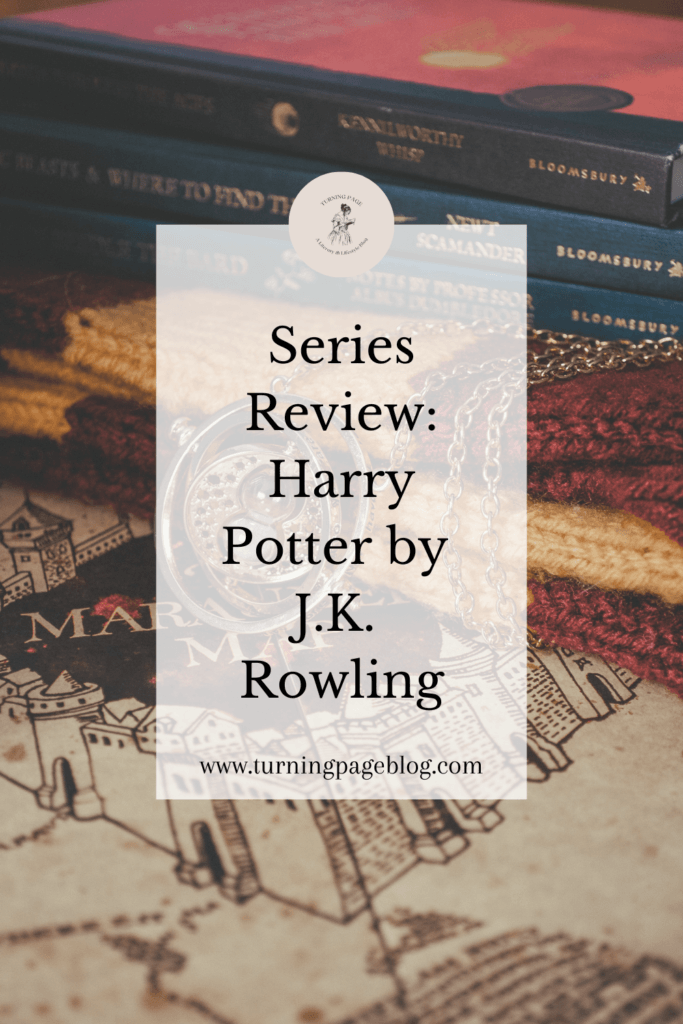
Nothing gets you in the mood for fall more than a good, dark, and twisted dark academia themed novel. Because who doesn’t want to read about over-zealous students who have committed murder?
Dark academia is a literary genre, with the main focus being on higher education, usually centered around studies such as the arts, literature, history, and classics. In dark academia literature, you will often see storylines focused on university students in the throes of human desire, knowledge, and questionable morals.
The dark academia “aesthetic” has blown up on social media in past years. Everything from dark academia clothing to music to photography is popular. People channel this aesthetic by wearing things such as loafers and blazers, listening to classical music, and more.
Sounds interesting, yes? Lucky for you, I have created a list of some of the most popular dark academia books circulating the internet right now. Some of these are on my TBR for this coming fall/winter season, so I will be experiencing the reads right along with you!
The Secret History by Donna Tartt

The Secret History is perhaps one of the most defining books of the dark academia genre. Published in 1992, it takes place at a prestigious private university in New England, following six misfit students studying classics under their charismatic professor, who has hand-selected them for his class. Under his word they become obsessed with the very Greek tragedies and way of life that they are studying, becoming almost cult-like.
The Secret History, narrated by one of the six students years after the events of the book actually occur, unravels to deliver what happens to the psyche when things such as privilege, desperation, nihilism, and disregard for modern human life come together to result in dark and evil doings that all can be capable of if pushed to a certain point.
Frankenstein by Mary Shelley

As many are familiar, Frankenstein follows the story of Victor Frankenstein, an extremely gifted and eccentric scientist who succeeds in bringing life to one of his experiments in the most unorthodox of ways. Frankenstein assembles a hodge-podge human body from stolen body parts and brings it to life. Upon this animation, Frankenstein is appalled at what he has created and is suddenly wrought with guilt and disgust, both for himself and the creature. Frankenstein ends with murder and self-hatred, and raises questions about what it really means to be human.
Frankenstein explores the idea that dangers exist in the advancement of knowledge and science, and that just because something is possible, doesn’t mean that it should happen
The Atlas Six by Olivie Blake

The Atlas Six carries a similar theme of a group of eccentric, misfit, genius, and magical students- six of them, hence the title. They are recruited by a man named Atlas to join a secret society, without knowing full details at first. Upon arrival to the society, they are told that they have actually been invited to join and study at the prestigious Library of Alexandria, long believed to have been destroyed in a fire, but actually under the magical care of the society in secret, having been hidden from the public for thousands of years.
The six pupils learn that at the end of their first year at the Library, five shall succeed while one shall fail. The details of this “failure” are explored further in the book. The Atlas Six provides a YA twist on the classic dark academia genre, and explores desire, betrayal, lust, power, and prestige, mixed in with a bit of magic and alternate reality.
Book two, The Atlas Paradox, will be released October 25, 2022.
The Picture of Dorian Gray by Oscar Wilde

Set in late 1800s England, The Picture of Dorian Gray tells the story of a young man who sells his soul to retain his beauty for the rest of his life. While his body retains its perfect image, a recently painted portrait of Dorian shows the true evil and decay that occurs in real time as he commits crime and debauchery. Dorian must keep this portrait hidden from the public, lest they learn his secret.
The Picture of Dorian Gray explores the narrative that gluttony and pleasure in excess will always result in some form of punishment further down the line, and that beauty on the outside does not necessarily translate to beauty on the inside.
Babel: An Arcane History by R.F. Kuang

Set in 1882, Babel explores the life of Robin Swift, orphaned in Canton as a child and brought to London by Professor Lovell. Robin spends his time in London studying Latin, Greek, and Chinese to prepare himself to enroll in Oxford’s Royal Institute of Translation (aka Babel). The institute specializes not only in translation, but silver working, a magical process that results in lost meanings of translations being enchanted into silver bars. This process is what has helped the British Empire become a powerful, rich, and capable of mass colonization.
In Babel, Robin explores academia, colonial resistance, the importance of language and translation, and the real cost of knowledge and power.
Dark academia books are all the rage right now. I hope this list comes in handy when trying to figure out what your next dark, fall read is going to be!
Check out some of my latest posts:
- January Reading Wrap Up
- The Best Mulled Wine Recipe for the Holiday Season
- How to Start a Blog (and Get Over Your Fears)
- 15 Travel Essentials That You Can’t Live Without
- Book Review: Verity by Colleen Hoover
- How to Read More Books in a Year
Pin For Later
